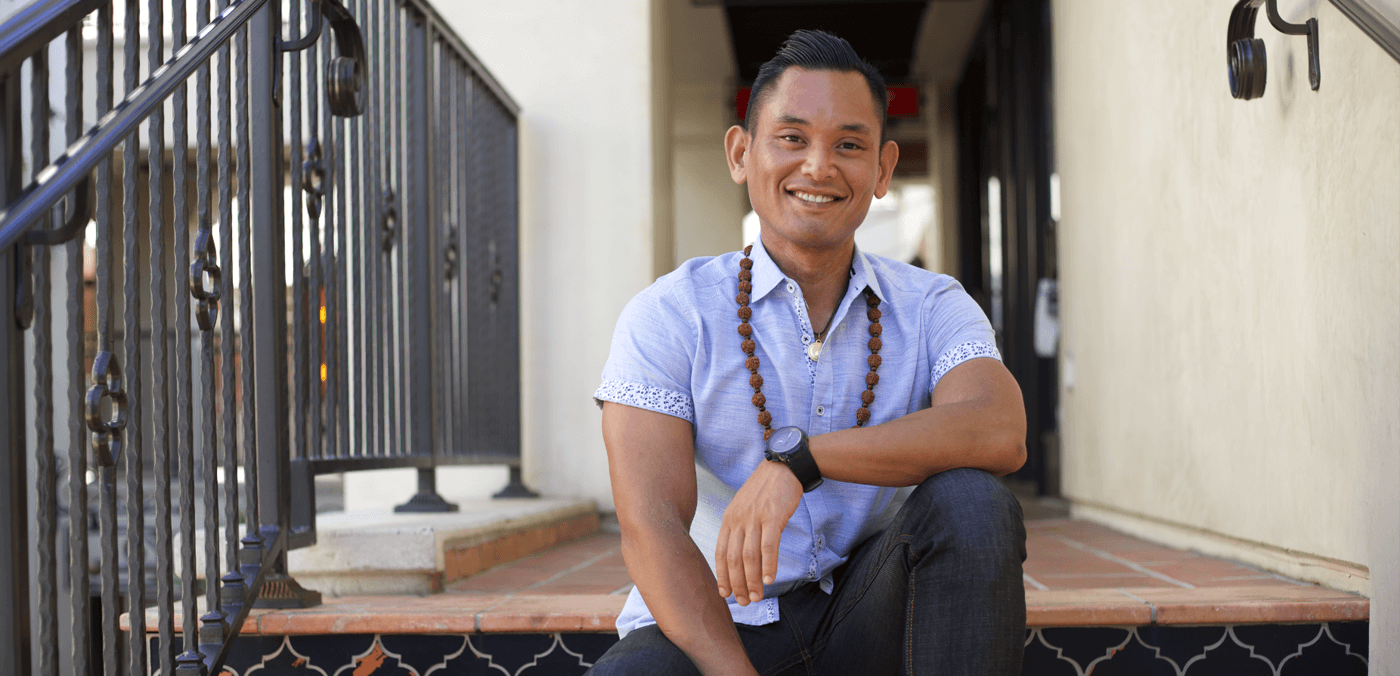An anxiety attack is kind of like having a child. It can be hard to understand until you’ve had one. No one blames you for not understanding something you’ve never experienced, but you need to be aware that the way you respond to your friend with anxiety often makes things worse. I know you don’t mean to make things worse, but you are.
If your grandmother got an oxygen tank, and the doctor said not to smoke around her, you probably wouldn’t smoke around her. Your friend’s anxiety is a real thing that happens inside their brain with real physical symptoms. If you care about them the way you say you do, there are some things you can keep in mind to keep from piling on. You’re not going to “fix” them or cure them, don’t think of it that way. But your actions can contribute to your managing their condition.
Your Friend Is More Than a Diagnosis
You don’t have to bring it up all the time or point out ways that you’re being accommodating. It also does’t help to keep asking if everything is all right That just reminds your friend about something they’re trying to keep from thinking about all the time. You like this friend for a reason, talk about what make you friends, what you have in common, the things that make them awesome. When or if they want to talk about their anxiety, they will. Don’t act like it’s the only thing that defines their life.
Anxiety is Physically Exhausting
You know how you feel when there’s a traffic jam on the way to the airport, and then there’s only one security line open. You rush to the plane and barely make it on time and plop down in your seat, ready for a break. Your heart is racing, your body is tense, your hyper alert of everything around you. That’s how it feels to have anxiety, except there is no break. When you’re trying to get your friend with anxiety to hurry up, or finish their work, remember they haven’t had a break in days or maybe even weeks.
They Know It Doesn’t Make Sense
One of the worst parts of anxiety is the Irrationality Spiral. You know it doesn’t make sense, then you get worried about how bad it looks, and you get even more anxiety. Pointing out that it’s irrational isn’t really helpful. If there was a way to turn it off, they would. That’s not the issue. Pointing out the definition of anxiety only makes things worse. Your friend wants to know that someone supports them and cares about them.
Listen, Just Listen
Your friend has anxiety, they’re not a four-year-old. They can talk about how they feel if you can listen long enough for them to explain it. Every time you interrupt to point something out, you’re probably explaining something that they already know. But now you’re adding to their anxiety by making them feel bad about it. One of the traps of anxiety is the feeling that no one will every understand. You can take that away by truly listening and trying your best to understand.
Change is Hard
Even if they know it’s coming, change creates a lot of problems for your friend with anxiety. A big part of anxiety is overthinking, and when things are changing, there’s a lot to overthink. Change means uncertainty and new experiences, which means there are a lot of variable to consider, and reconsider, and then think about from a different perspective. Even small disappointments or setbacks can trigger an attack, there’s just too much to worry about. Everybody has a comfort zone, and most people prefer to stay in it. Be patient with your friend and assume they’re doing their best to work through it.
They’re (Probably) Not Ignoring You On Purpose
With so much inner-monologue going on, it’s hard to always be present. Your friend is probably drifting in and out of the conversation, wondering what might happen next, or trying to concentrate on not having a breakdown. Kindness is your friend. Steer them back into the moment, or wait for them to find their way back on their own. If they’re okay, you can be okay too, even if they’re not paying attention to you.
Enjoy Your Friendship
It’s okay that your friend has anxiety. It’s a part of who they are. And, if they’re getting better, you can be a part of that. Some upsides to some anxietal tendencies can be channeled into focus and drive and other personal attributes that help people succeed at their goals. The question you have to ask yourself is, “Am I helping my friend with anxiety, or am I giving them one more thing to overthink about?”










